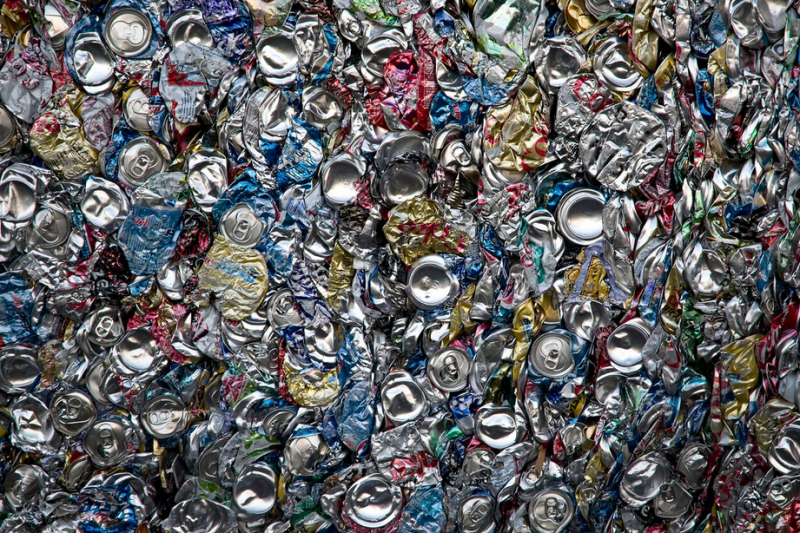CMI urges action on recycling legislation

With the November elections now past, the Can Manufacturers Institute is urging the House Leadership and House Energy and Commerce Committee to immediately pass two bipartisan recycling-related measures during the remaining weeks of the 117th Congress.
According to CMI, they are both critical steps toward bolstering recycling rates, improving US recycling infrastructure and reducing consumer confusion about recycling. The Can Manufacturers Institute (CMI) and its members support recycling legislation that ensures a robust recycling system that benefits the environment and the economy.
The two bills are the Recycling Infrastructure and Accessibility Act (H.R. 8183) and the Recycling and Composting Accountability Act (H.R. 8059).
CMI supports the Recycling and Composting Accountability Act (HR. 8059). This bill will provide critical data to improve existing recycling programs and evaluate future recycling policies. Introduced by Reps. David McKinley (R-WV) and Mikie Sherrill (D-WV), H.R. 8059 will require the Environmental Protection Agency to collect, maintain and publish data on recycling and composting rates across the country. This will provide an accurate tracking of recycling and composting performance nationally and at the state level, says CMI. Recycling solutions require uniformity between national and state recycling data to build a collection, recycling and reuse system based on what works and what does not work.
CMI also supports the Recycling Infrastructure and Accessibility Act (H.R. 8183), which provides grants for projects to make recycling programs more accessible to rural and disadvantaged communities. Metal can manufacturers need recycled materials to make new can sheet to maintain international competitiveness. This bill, introduced by Reps. Joe Neguse (D-CO), Tim Burchett (R-TN) and Bill Foster (D-IL), will help those communities put into place the infrastructure, education, accessibility and markets for recovering and recycling the packaging materials of today and the future.
H.R. 8183 and H.R. 8059 will improve recycling rates at homes and businesses, but CMI notes that neither address beverage containers consumed on-the-go, in places like parks, beaches and road trips, where recycling bins may not be available. Consumers who see value in their beverage container will chose to recycle them, versus leaving them on the ground or tossing them in a garbage can. Incentivising consumers to recycle their empty cans can be accomplished through a recycling refund programme, also commonly referred to as a beverage container redemption programme.
CMI says it would like Congress to introduce and pass recycling refund legislation that would increase the recycling rate for all packaging materials and incentivises consumers to recycle their beverage containers. Recycling refunds have a proven track record of reducing litter and providing clean materials to serve as recycled content in new beverage containers. These programmes enable lower greenhouse gas emissions because new beverage containers use more recovered material. And by encouraging more recycling, these programmes also create more jobs than when beverage containers are landfilled. Most importantly, 90% of Americans who already have access to recycling refunds and 81% of consumers nationwide support the programmes.
Visit www.recyclingrefundswork.org for more information on Recycling Refunds.



